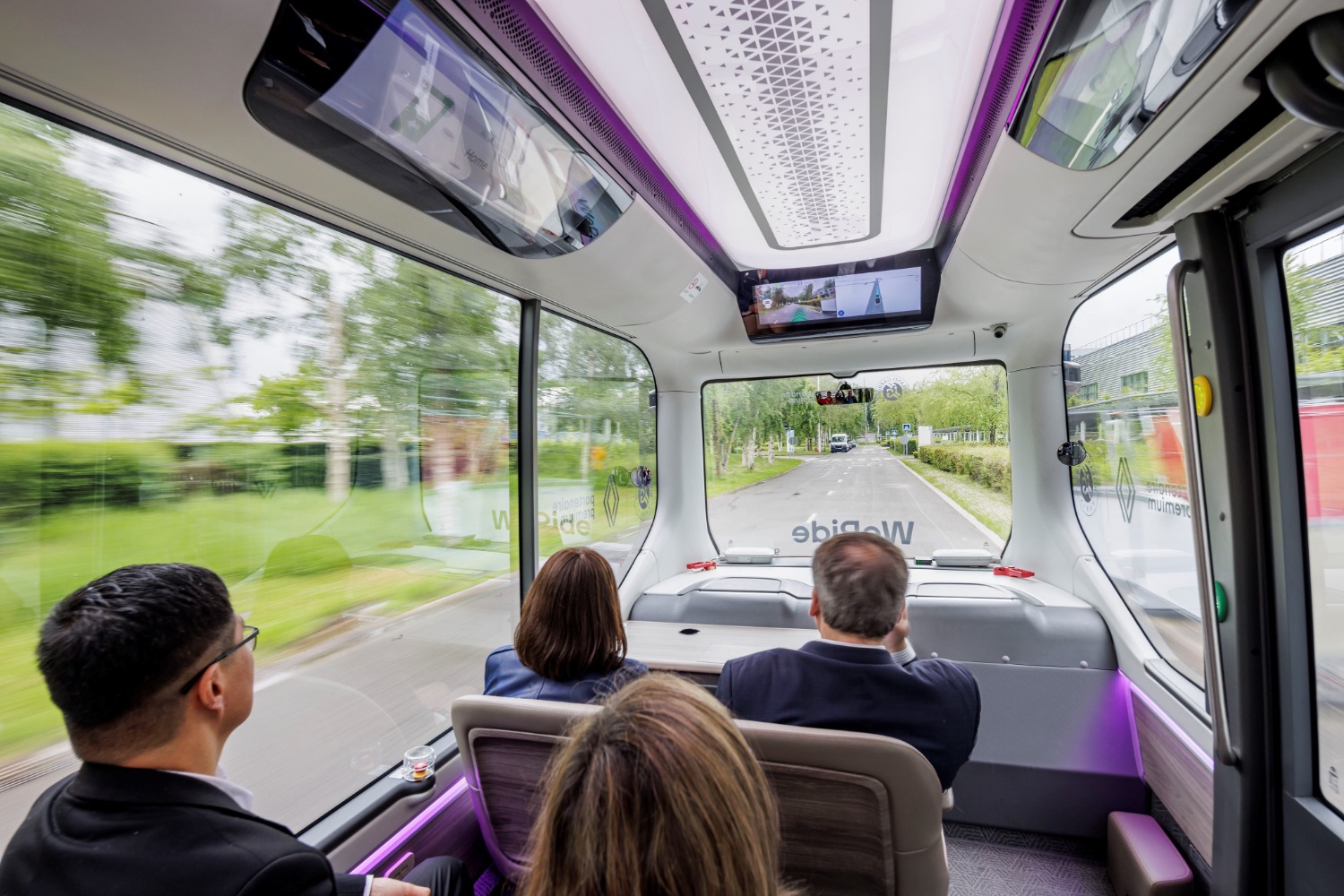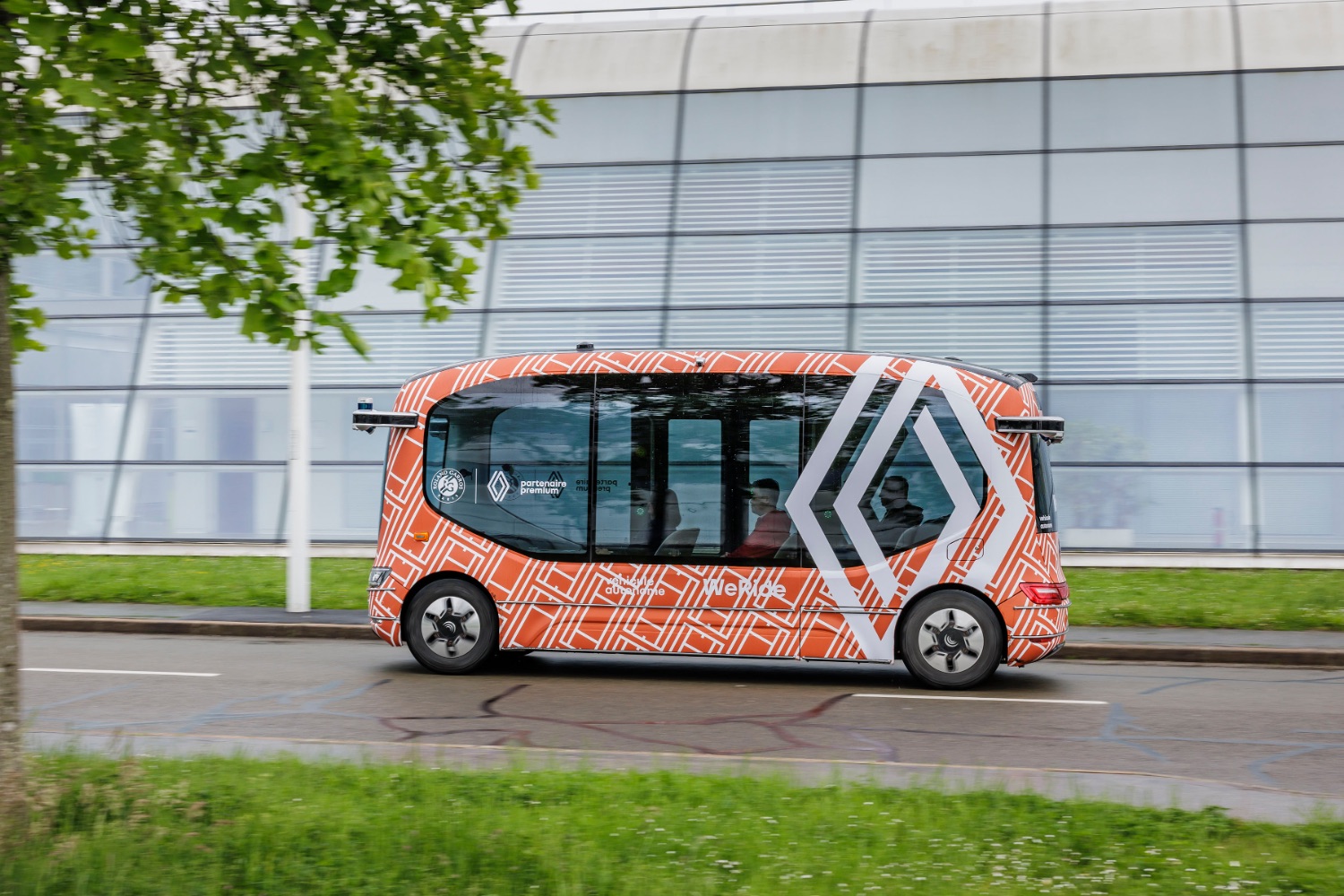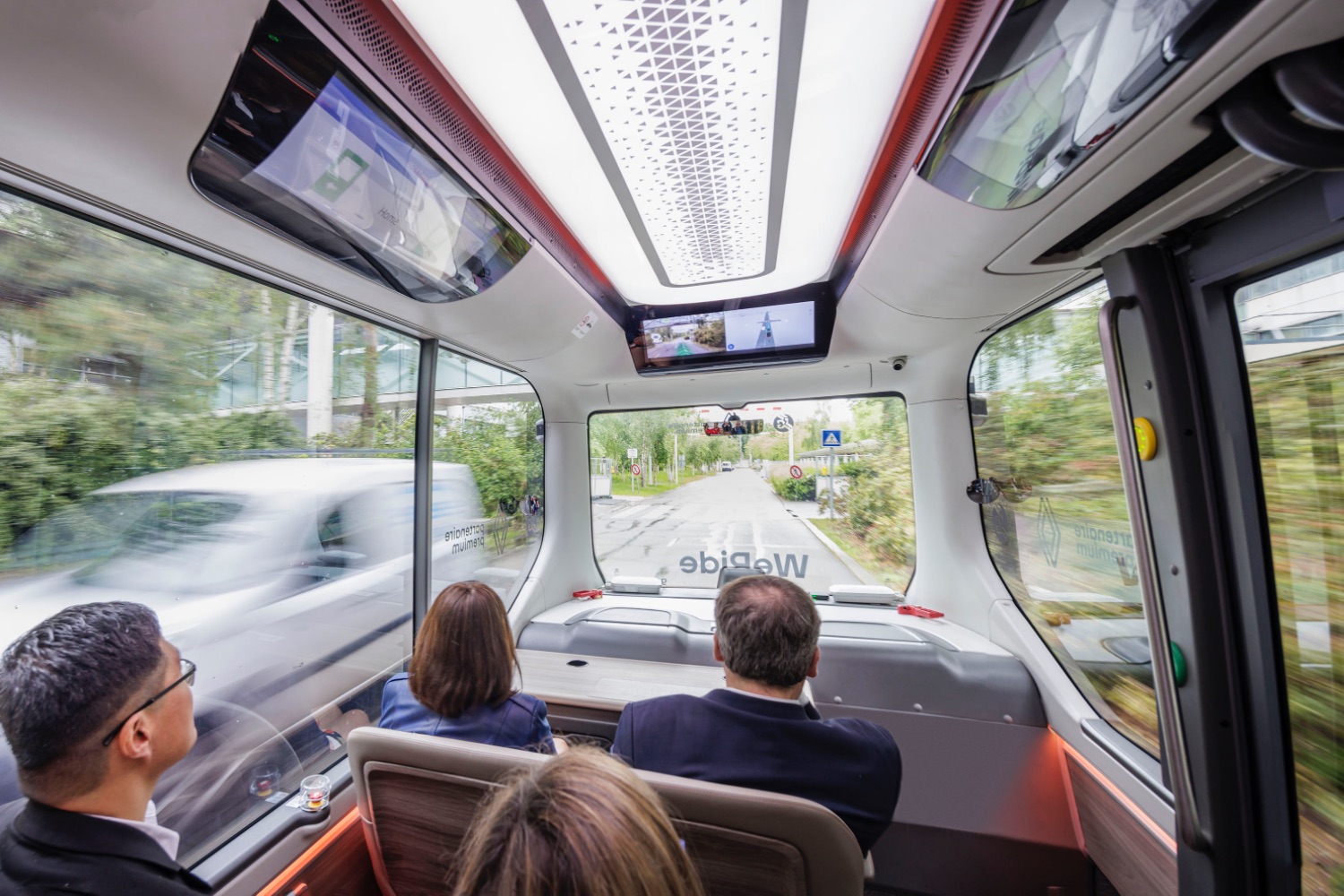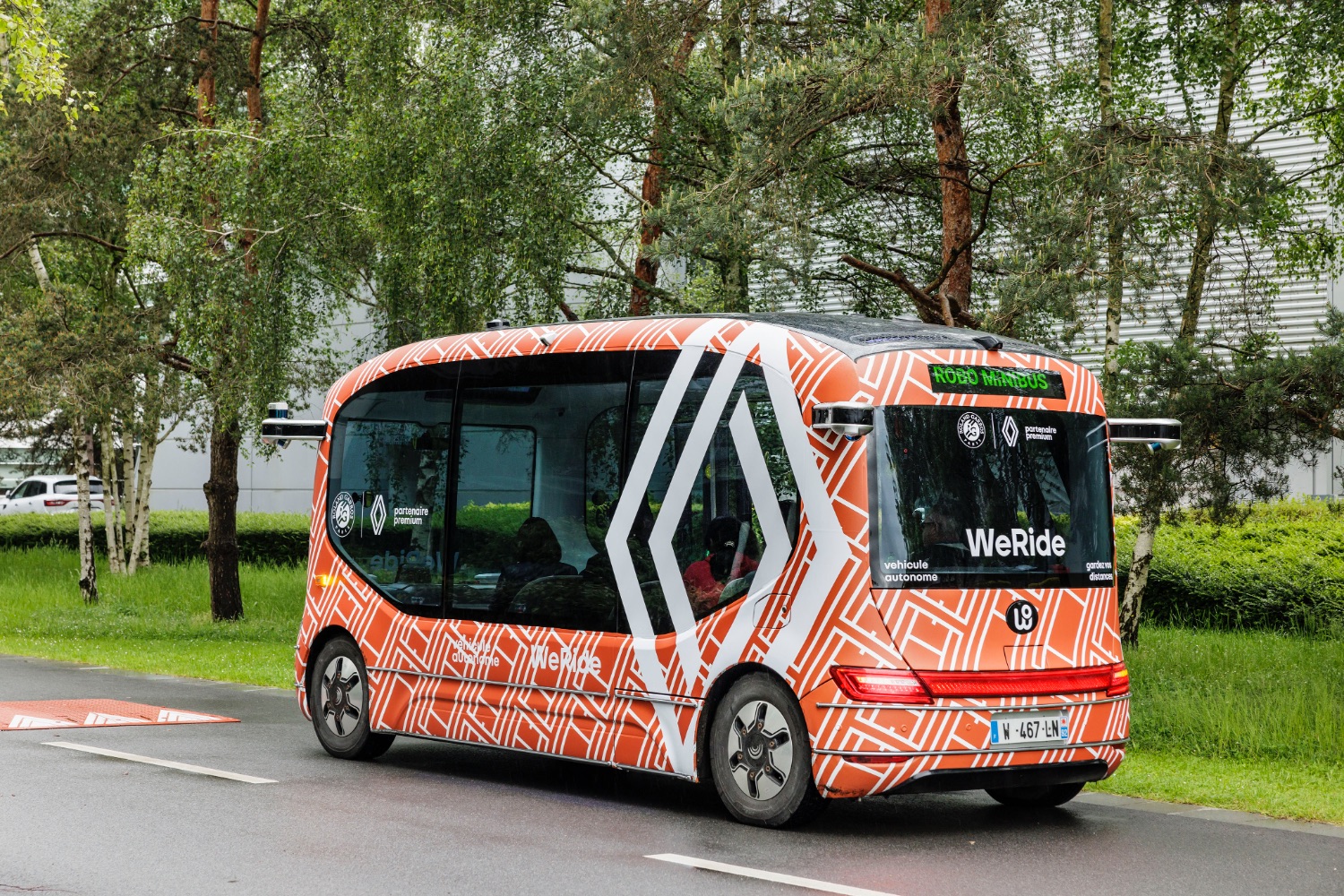Renault has been doing some deep thinking about the future of autonomous, robotic driving and has reached a conclusion that, until now, no one else in the car industry has been prepared to think of - that robotic driving is of far more use to public transport systems, while for personal cars, the better plan is “assistance rather than autonomy.”
Economically accessible
The French carmaker says it is basing its future research and technology “on the principle that innovation only makes sense if it is shared, economically accessible and genuinely useful to as many people as possible.”
As for robot cars driving us around individually? Pie in the sky, says Renault: “Renault already offers top-level driving assistance on most of its models, providing comfort and safety. Further automation of some functions, with the aim of achieving complete vehicle autonomy, seems unlikely for the time being, given current regulations, customer expectations and the cost of the complex technology involved.”
With that in mind, Renault is turning its autonomous driving efforts from private cars to buses, and is working on a versatile electric, autonomous bus platform, which will be offered to major fleet operators and cities.
Plans already advanced

Indeed, Renault's autonomous bus plan, on which it is collaborating with AV experts WeRide, is sufficiently far advanced that a prototype will be shown off at the upcoming Roland Garros tennis tournament, which Renault is a major sponsor of.
The new vehicle, called the miniBus, is actually based on the same platform as the new electric Master van. The claim is that the miniBus is working at Level 5 autonomy, meaning that it needs no human intervention and can run 24/7 without supervision. Renault says that this: “will be a zero-emission alternative or an efficient complement to existing solutions - train, tram, bus - in terms of costs and CO2/km.passenger. The additional costs of robotisation and automation could be offset by the absence of on-board operators. A simple remote supervision system will be required to operate a fleet of vehicles.”
The experimental miniBus service at Roland Garros will take passengers from a car park near the edge of the Bois de Boulogne to the main stadium. It will operate from 11am to 7pm from 26 May to 9 June.
Complexity gap

Renault says that it’s already offering Level 2 or Level 2+ electronic driver aids in its current line-up, which, in theory, allows the driver to go hands-off but not eyes-off. The thinking in France is that this is actually about the right level for private car autonomy. “There is a significant technological complexity gap between level L2 automation and level L3 autonomy, because the vehicle must be able to operate safely in complex environments with limited driver supervision. At this stage, the induced cost to be borne by customers, in relation to the driving benefits, would make demand insufficient or even anecdotal. At the same time, the Group is making sure that the architecture of its vehicles can evolve towards the autonomous car if expectations, regulations, or the cost of technologies make this breakthrough feasible.”
“Renault Group is moving forward to implement its autonomous vehicle strategy. As a result, thanks to our experiments and our partners, the best in their fields, we will be in a position, well before the end of this decade, to propose a highly relevant range of autonomous, low-carbon miniBuses to meet the growing needs of the regions” said Gilles Le Borgne, Renault Group’s chief technical officer.





